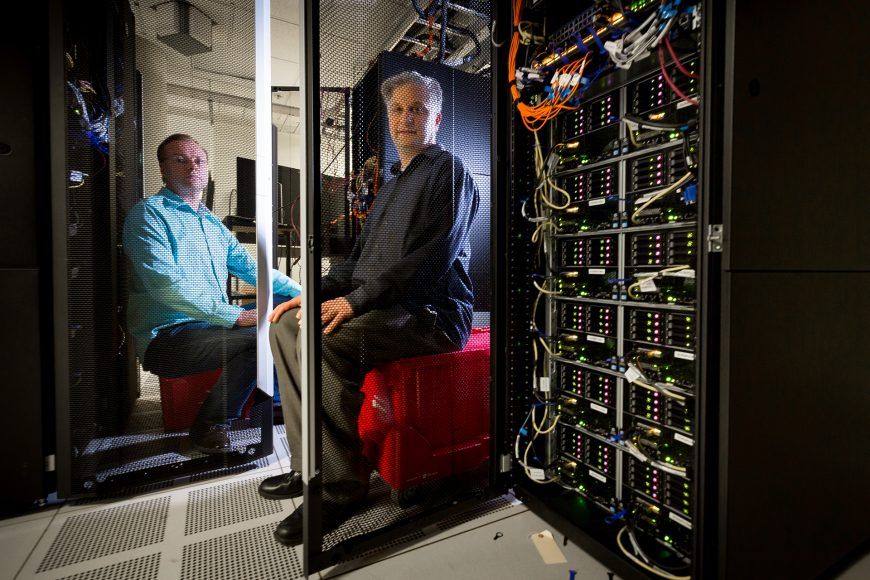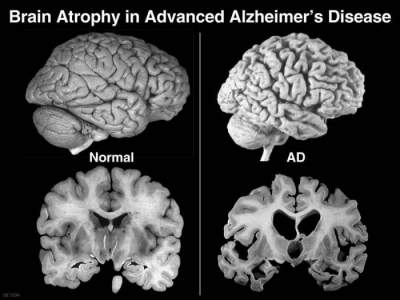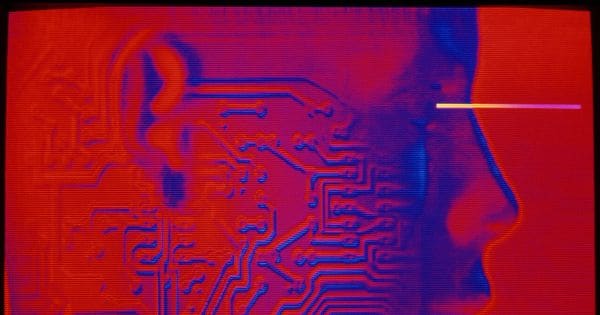Apr 7, 2017
Microsoft updates Deep Learning Toolkit to version 2.0 bringing lots of new features
Posted by Alireza Mokri in categories: information science, robotics/AI
Microsoft is bringing its Cognitive Toolkit version 2.0 out of beta today and should be helping out a ton of companies who depend on tools to deploy deep learning at scale.
The Cognitive Toolkit or CNTK to some is a deep learning tool that helps companies speed up the process of image and speech recognition. Thanks to today’s update, CNTK can now be used by companies either on-premises or in the cloud combined with Azure GPUs.
Cognitive Toolkit is being used extensively by a wide variety of Microsoft products, by companies worldwide with a need to deploy deep learning at scale, and by students interested in the very latest algorithms and techniques. The latest version of the toolkit is available on GitHub via an open source license. Since releasing the beta in October 2016, more than 10 beta releases have been deployed with hundreds of new features, performance improvements and fixes.


















